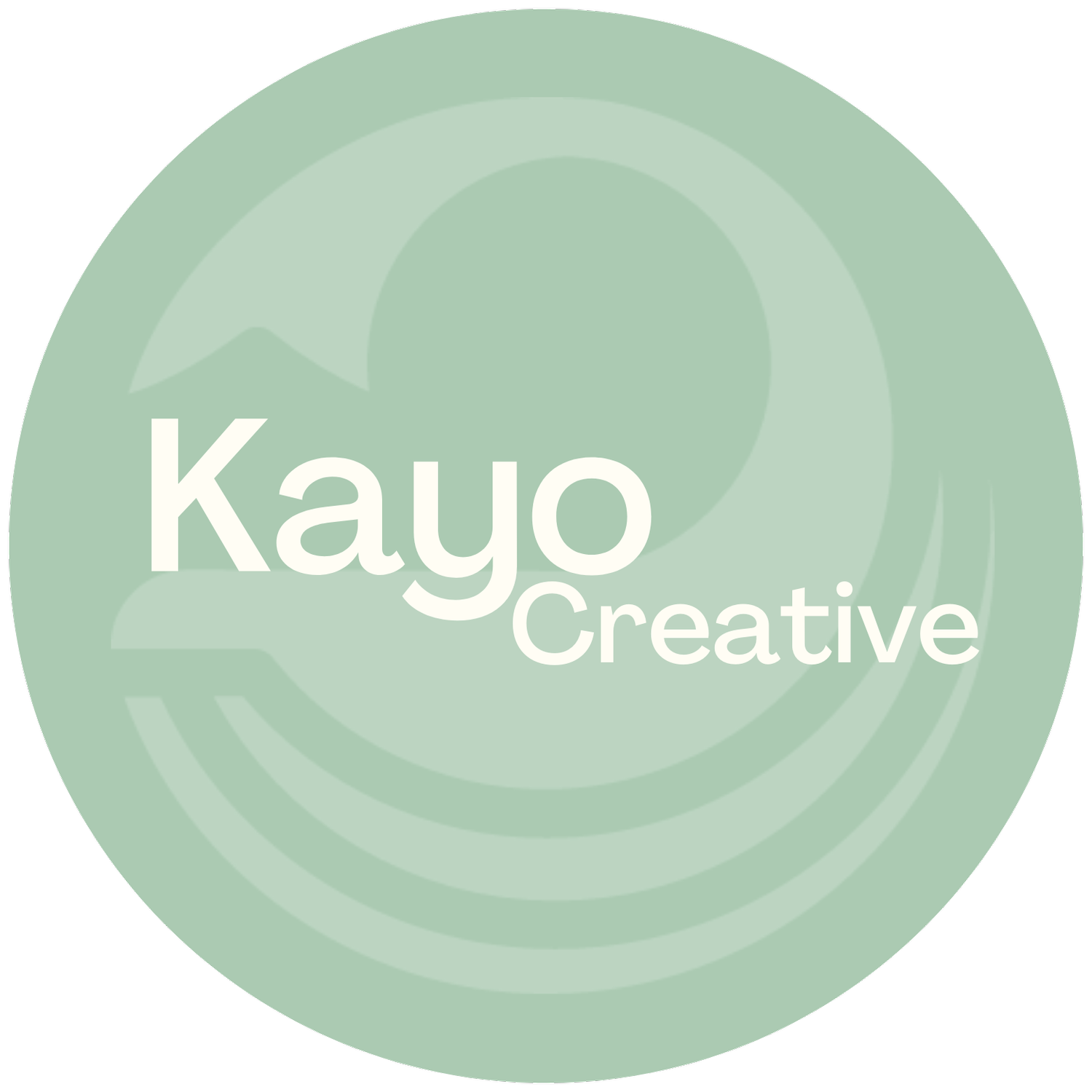Certifiably Green - Different Sustainability Certifications
Let’s talk about which different eco-driven certifications may be right for your business.
Going Green
There are lots of ways to “go green” or to make your internal business processes more sustainable. You can switch energy providers, install solar panels, or even use green cleaning products in your store. If you want to take it a step further and get certified as a green business, there are dozens of different certifications available to choose from. While this sounds like an exciting opportunity for businesses looking to go above and beyond their normal sustainability efforts, it's important not to get overwhelmed by all these options — nor should you settle for the first certification that comes along. Here's how you can make sure you're choosing the best green certification for your company:
How many green business certifications are there?
There are many types of green business certifications, and each one has its own set of standards that you must meet in order to receive the certification. Some are more relevant than others; some are more important than others.
For example, if your company is interested in becoming LEED certified (a program used by the U.S. Green Building Council), there are several different levels at which this can happen: Certified - New Construction; Silver - Existing Building Operations & Maintenance (EBOM); Gold - Design & Construction Performance (DCP). Each level requires you to meet certain requirements related to energy efficiency, indoor environmental quality and sustainable site development as well as submit documentation proving compliance with these requirements before being awarded certification.
What are the different types of green business certifications?
There are a variety of green business certifications, and they all have different requirements. Here are the most common:
ISO 14001 -- This standard sets out requirements for environmental management systems. It's most often used by companies that do manufacturing or product assembly.
ISO 50001 -- This standard also focuses on environmental management, but it's geared toward businesses that provide services instead of products (such as hospitals).
ISO 26000 -- This one looks at corporate social responsibility in general, not just environmental issues; it helps organizations figure out how they can best contribute to society while still being profitable businesses themselves. It's especially useful if you're working internationally with other companies or organizations who want their supply chains to be socially responsible too!
What do green business certifications test for?
The range of green business certifications is wide, and the tests vary accordingly. For example, one certification might focus on waste management and water conservation while another may test for energy efficiency. Some are specific to environmental issues while others address social concerns as well. There's a lot to consider when deciding what certification is right for your company--but luckily, we've got you covered!
Which green business certification should you choose?
The first step in deciding which green business certification is right for you is to determine what kind of business you are in, what kind of goals and ambitions you have, and how much time and money can be dedicated to the process.
If your company has a specific goal in mind, such as reducing waste or increasing efficiency, then an appropriate certification may help get them there faster than traditional methods alone. For example, if one of your goals is to reduce water consumption by 20% by 2020 but currently uses 100 gallons per day (gpd), then a WaterSense labeled toilet might help cut back on those numbers without having to make any significant changes otherwise.
If certifications appeal because they allow access into new markets or attract investors who want more information about how their investment will impact the environment positively, then these types of certifications may be worth pursuing regardless of whether they cost money up front or not since they could potentially save customers money over time while simultaneously making more profit after reaching certain milestones set forth by each program's requirements
Don't waste time on a green certification that doesn't fit your needs
Before you start down the path of getting certified, make sure that it's right for your business.
Don't waste time on a green certification if you aren't going to use it. If the certification isn't in line with the mission of your business and doesn't help bring in new customers or revenue streams, then there's no point in spending money on it.
We also wouldn’t recommend getting a green certification if you don't have resources to implement it properly. A good example would be if someone wanted a LEED certification for their building but didn't have enough money or time to hire an architect who could design such an environmentally friendly structure (and then implement it). Similarly, if someone wants "Carbon Offset" status but doesn't own any cars or planes themselves -- which might generate carbon dioxide emissions -- then they shouldn't bother pursuing this type of certification because there's nothing they can personally do about reducing those emissions anyway!
Conclusion
We hope this article has helped you decide which green business certification is right for your business. If you have any questions, please let us know in the comments below! To read more articles like this one view our article page. Are you looking for a way to reduce friction within your system processes? We recommend working with an expert like this: Carom.














